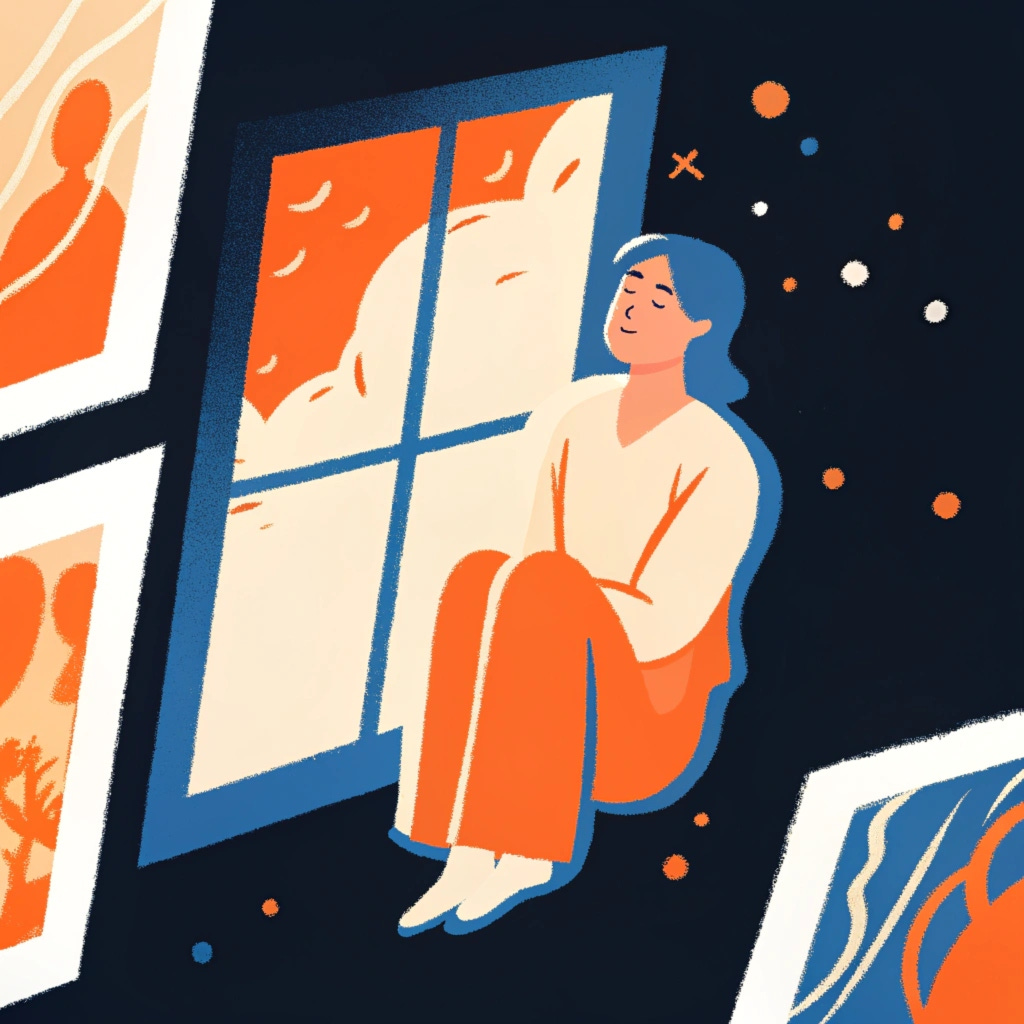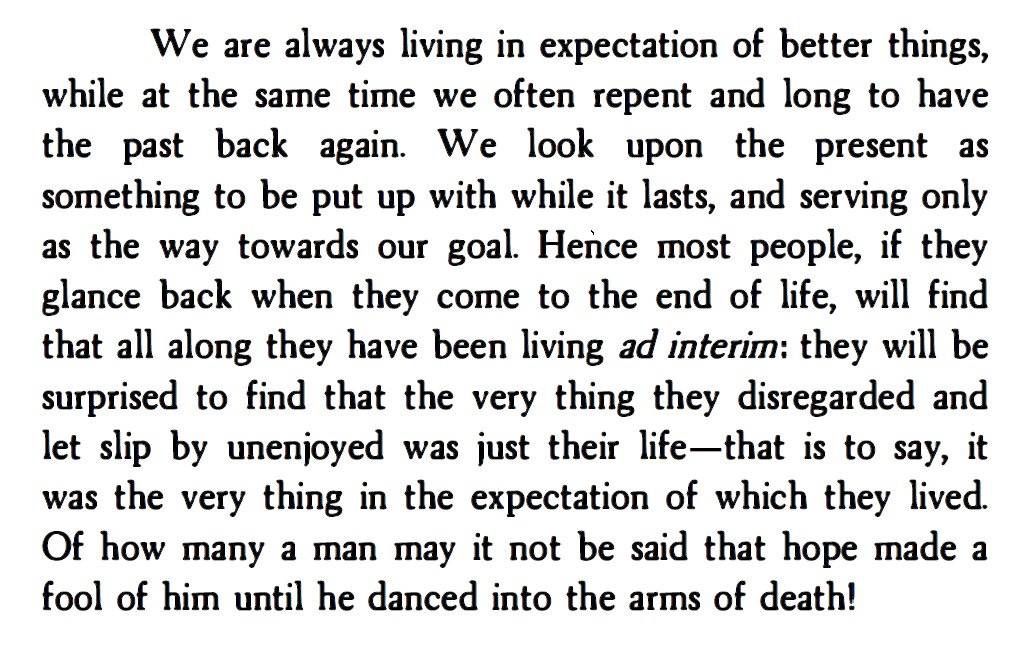Mortals Review (Issue No. 29)
Reducing existential angst with psychedelics, the value of nostalgia and new dimensions of reality when dying
Welcome to Mortals Review No. 29, your regular collection of fascinating insights about mortality, meaning, and living fully.
Each issue, I curate the most thought-provoking articles, tools, and ideas I've discovered that help us engage more deeply with life (and death). Whether you're curious about mortality awareness, searching for meaning, or just love exploring life's big questions, there's something here for you.
If a link particularly resonates or sparks a thought, I'd love to hear from you. These conversations often lead to the most interesting discoveries.
Someone share this with you? Join our growing community of curious minds by subscribing below.
5 things for mortals
🍄 How Do Psychedelics Reduce Fear of Death?
Not ‘do psychedelics reduce fear of death’ but how?
The best available evidence suggests that when psychedelic experiences reduce existential angst and restore a sense of meaning in life, they do so primarily by persuading people of the falsity of a broadly naturalistic worldview, and thus do not help reconcile people to the truth of such a worldview.
🤯 People Experience ‘New Dimensions of Reality’ When Dying, Groundbreaking Study Reports
This passed me by at the time, but remains a pretty incredible piece of research. A sort of ‘we know more about the surface of the Mars than we do of the dying experience’ sort of report:
Parnia and his colleagues suggest that the transition from life to death can trigger a state of disinhibition in the brain that “appears to facilitate lucid understanding of new dimensions of reality—including people’s deeper consciousness—all memories, thoughts, intentions and actions towards others from a moral and ethical perspective,” a finding with profound implications for CPR research, end-of-life care, and consciousness, among other fields, according to a new study published in Resuscitation.
Patients who survive cardiac arrest “have consistently reported that even though from the perspective of doctors like myself—who try to revive them when they appear to be in a coma and totally unresponsive, teetering between life and death—from their own inner perspective, they find that they’re fully conscious,” Parnia said in a call with Motherboard. “They have an inner experience and their consciousness is not only there but it’s heightened to a level that they’ve never experienced before. Their thoughts become sharper than usual, and clearer than usual.”
“Importantly, this experience also involves a purposeful, meaningful reevaluation of their entire life,” he continued. “Not just random moments, but the entirety of their life. It’s been a mystery, and it’s not one or two anecdotes.
👵🏻 Nostalgia Supports a Meaningful Life
Nostalgia isn’t what it used to be… which is good!
We consider evidence that nostalgia promotes meaning by fostering social connectedness, self-continuity, and authenticity. Moreover, we discuss research that nostalgia contributes to maintaining and restoring meaning by protecting against meaning threats, repairing meaning in the face of challenges, and generally compensating for lack of meaning.
😔 What We Talk About When We Talk About Death
My friend
, chief dad-wrangler at has written beautifully about his mum who died earlier this year, but also weaves himself and his grief into something much bigger.Many men build walls incessantly. We build them up to survive the hardships that early life may have thrown at us. We build them up to prevent ourselves from getting hurt again, from falling another time. We build them up in the mistaken belief that they’ll protect us. But what they’re shutting out isn’t sharp objects and foreign invaders. They’re shutting us off from each other. Death allows you to pull down that wall, realising it serves you no longer. You can keep putting energy into hoisting them up. Or you could lay down your arms and accept your time will come, as it will for us all.
♾️ Exploited in immortality: techno-capitalism and immortality imaginaries in the twenty-first century
Why should the relationship between techno-capitalism and immortality be of concern? Because techno-capitalism’s pursuit of immortality is inseparable from questions of power and wealth in contemporary societies. As Suárez-Villa (2009) argues, techno-capitalism deploys technique (inherent to the rationality of technological practice) to create social domination. Prominent imaginaries of techno-capitalist immortality conceal this social domination behind the promise of liberating us from death. A critical inquiry inspired by Marxist theory can reveal how techno-capitalist immortality projects shape and limit the experience of immortality, harming human beings in the process. Just recall poor Mr. Jones. Although he survived grievous accidents after being implanted protheses by the cybernetics company, he was reclaimed as company property.
1 Song
Where humans meet machines, there is a place. And sometimes they sing together.






